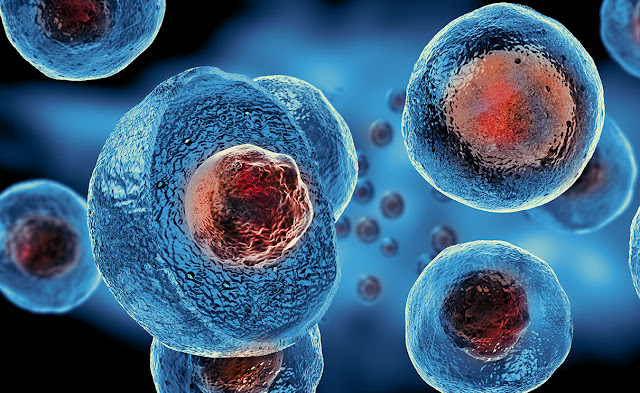 |
Bio-butanol |
Biobutanol is a four-carbon alcohol produced from biomass fermentation. It is non-polar because to its lengthy hydrocarbon chain. Biobutanol may be produced in the same facilities that produce ethanol. Biobutanol is mostly used as a fuel in internal combustion engines.
When compared to gasoline, biobutanol has the potential to cut carbon emissions by 85 percent, making it a viable and appropriate alternative to gasoline and gasoline-ethanol mixed fuels. It has qualities that are comparable to gasoline.
Biobutanol may even be used in certain gasoline-powered cars that haven't been changed. It may be combined with gasoline at up to 11.5 percent by volume quantities. However, it has a lower energy content than gasoline (on average 10-20%), which is a key drawback.
Applications of Bio-butanoal- The usage of biobutanol as a transportation fuel is gaining popularity. Unfortunately, manufacturers have yet to approve any production vehicle for usage on 100 percent biobutanol.
- It has also shown potential as a chemical feedstock and industrial solvent. Paints/coatings, resins, plasticizers, medicines, food-grade extractants, chemical intermediates, and herbicides are all potential uses.
Advantages of Bio-butanol- Biobutanol is less corrosive and explosive than ethanol, and it also separates less easily in the presence of water. It may be made in the United States using a number of feedstocks, which can aid the economy by creating jobs.
- By balancing carbon dioxide emitted from burning biobutanol, carbon dioxide absorbed by growing feedstocks reduces overall greenhouse gas emissions. Biobutanol decreases hydrocarbon, carbon monoxide, and nitrogen oxide emissions, according to Environmental Protection Agency (EPA) tests.
- It is combined with ordinary gasoline rather than ethanol at high quantities for use in non-modified engines. Experiments have also shown that biobutanol may be utilised in conventional engines without modification at 100% efficiency. No manufacturer, however, has guaranteed the use of mixtures higher than 15%.
- It has more energy than ethanol. Biobutanol's energy content is around 105,000 BTUs/gallon, which is comparable to gasoline's energy content of 114,000 BTUs/gallon.
Biobutanol has surpassed ethanol as the greatest renewable fuel because to many developments in biobutanol processing technologies and the creation of genetically engineered microorganisms. Because of its higher energy density and better fuel efficiency than ethanol, biobutanol has a lot of potential as a motor fuel, industrial solvent, and chemical feedstock.




Comments
Post a Comment